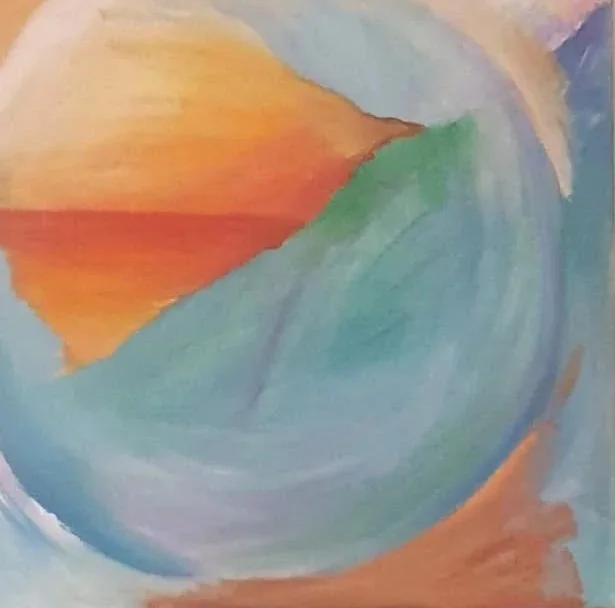
By women and land, men do perish…
Mā te wahine, mā te whenua, ka ngaro te tangata
Ko wai au - Who am I?
Ko Hikurangi a Kahuranaki ngā Maunga
Ko Waiapu a Tutaikuri ngā Awa
Ko Horouta a Takutimu ngā Waka
Ko Ngāti Porou a Ngāti Kahungunu ki Wairoa a Hāmoa ngā Iwi
Ko Williams a Kerei a Aiomanu tāku Whānau
Ko Marcella-Jane Williams tāku Ingoa
Formerly in Human Resources, I bring over 15 years of experience into my academic and research journey, where I focus on uplifting wāhine Māori and whānau through culturally grounded business practices.
My doctoral research, Wāhine Wayfinders, explores how wāhine Māori entrepreneurs draw on Tikanga Māori to empower themselves in business and life. I proudly whakapapa to Ngāti Porou, Ngāti Kahungunu and the Aiomanu whānau of Samoa. I am grateful to have worked with various Iwi, in various capacities including Ngāti Toa, Rangitāne and Ngāti Raukawa.
Alongside my studies, I work part-time as a Research Fellow with the Centre of Community Research and Evaluation at the University of Auckland. I also offer consulting, mentoring, and commissioned art services—each grounded in kaupapa Māori and designed to support Indigenous entrepreneurship, leadership, and innovation.
I’m passionate about connecting Indigenous knowledge with real-world business and educational contexts, and I aspire to operate in a culturally sound, relational way that supports thriving Indigenous communities.
Let’s connect around Indigenous entrepreneurship, leadership, research, mentoring, and creative expression!
Collage of whānau - 2025 - M Williams
What I offer
-
As an emerging academic, I offer support for tauira (students) in understanding te ao Māori (Māori world views) and impacts within Research, cultural affirmation activities and editing / proof reading support.
-
WIth over 15 years experience within Human Resources, Policy, Research, Programme Management & Business Strategy, I provide an end to end holistic service supporting businesses from efficiencies, outsourced HR practices through to recruitment support and employee mentoring.
-
As a researcher, I provide a wide variety of research output supports; from new ventures to existing business diversification - I possess experience undertaking targeted research within te ao Māori, Business, Marketing and Consumer Behaviours.
-
I offer commissioned artwork, as well as producing art that is grounded within Te Ao Māori.
Contact me
Interested in working together? Fill out some info and I will be in touch shortly. I can’t wait to hear from you!